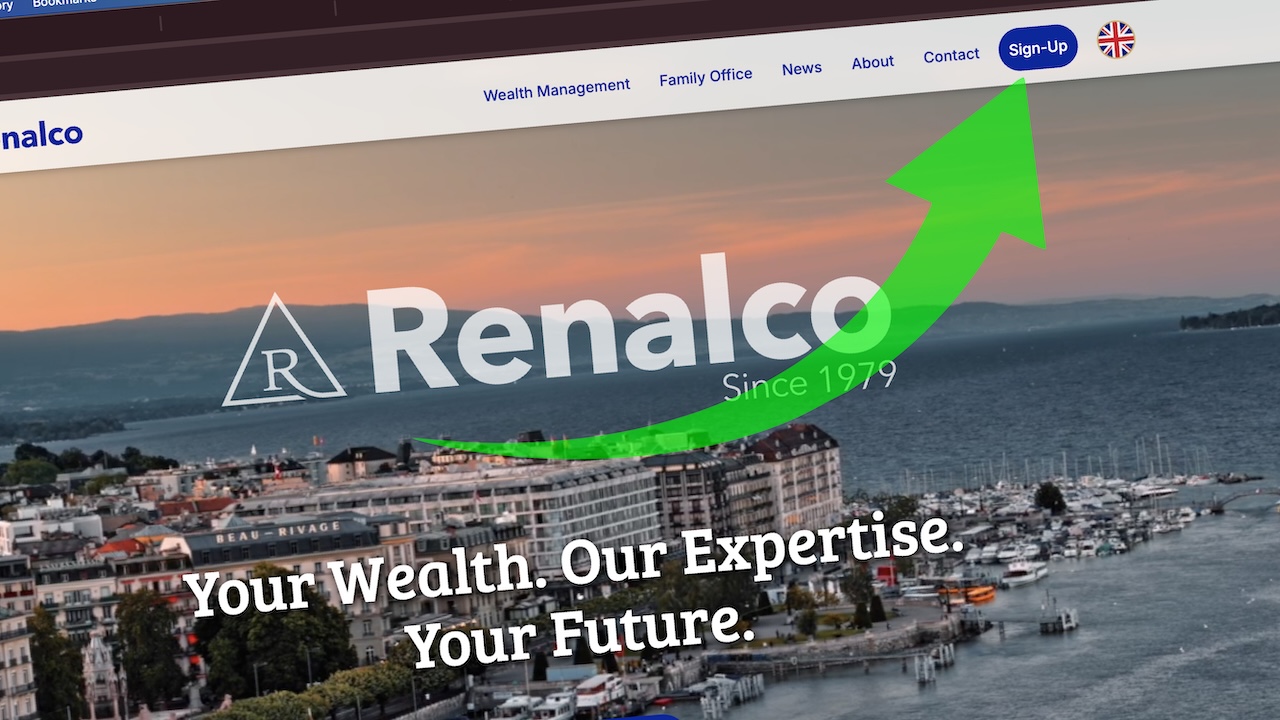
It takes three to tango
344 Monday, 17 February 2025 12:08
Divergent Opinions in External Articles - The opinions expressed in articles from external sources do not necessarily reflect the views of Renalco SA and are shared for informational purposes only.
The announcement that the US administration was conducting peace negotiations with Russia on Ukraine came as a surprise. It was not so much the fact that Trump wants to stop the war in Ukraine – he was vocal about that during the electoral campaign – but rather about the process, i.e. the fact that he is negotiating alone with Putin over terms that would have significant implications for Europe as a whole.
In this report, we do not dig into the process and the terms of the deal. Many question marks remain and will ripple through the media in the coming days and weeks. Instead, the key questions from the standpoint of investors are twofold. First, is there a good chance that a peace agreement will be agreed in the coming months? And then, what are the market implications from a cross-asset and European equity market perspective?
- Regarding the first question, we believe the US President can indeed force Ukrainians to accept a deal, whether it be a good or a bad one. According to the Kiel Institute, the US has been the largest bilateral donor to Ukraine, with total commitments approaching EUR120bn as of end 2024, of which the bulk has been allocated to military purposes. Support from EU institutions + member states (EUR203bn) outpaces that from the US overall, but a significant part has not yet been disbursed (EUR90bn committed but not yet allocated as of end-2024). Hence, if Trump were to stop funding Ukraine, the war would probably come to an end and Putin would win on his own terms, which would probably be worse than any peace agreement. Hence, we believe there is a good chance that a peace agreement will be signed in the coming months.
- Regarding the market implications of a peace agreement, we believe that commodities would be the first shoe to drop. The prospect of Russia becoming respectable again may lead to the removal of sanctions and higher commodity supplies in the medium term. Renewed access to equipment would allow Russia to invest again in oil, gas, and industrial metals facilities to restore production. A decrease in commodity prices, inflation expectations and bond yields would support consumer sentiment and Trump’s approval ratings, while probably contributing to a US dollar reversal. Lower geopolitical risk would likely be a headwind for gold as well. Meanwhile, European manufacturing activity would experience an upturn. Lower bond yields would also prove more supportive for small caps versus large caps.
From a European equities perspective, consumers sectors with heavy exposure to European demand could see a boost from rising confidence and a falling savings rate: Travel & Leisure, Automotive, Retail, and even possibly branded Food & Beverages. We are already OW all of these sectors except Automotive, which we upgraded to Neutral three weeks ago (tariff uncertainty and poor fundamentals have limited our appetite).
A cyclical recovery in Europe would also trigger a rebound for the most cyclical part of the industrial goods and services sectors. We show in this report that only the “structural secular growth” segments within industrials have performed very well over the past three years. With attractive valuations and a favourable risk-reward balance, the segments Industrial Engineering (Atlas Copco, Sandvik, Kone, etc.), Support Services (Randstad, etc.), and Transport (Volvo, DHL, DSV, etc.) could rally, leading us to upgrade the overall Industrial Goods and Services sector to Neutral (from UW). The demanding valuations of the “growth” parts of the sector limit the upside in our view, although they remain well supported by fundamentals (AI, electrification, defence). It goes without saying that the stocks most exposed to European Defence spending continue to attract investor interest. Signs that the EU Commission is warming up to the idea of making the fiscal framework more flexible in order to allow for an increase in defence spending is a material concrete development for the bullish thesis. One risk to monitor will be more common procurement. But we are not there yet.
What to sell? We reiterate our UW stance on the European Oil & Gas sector and downgrade the Insurance sector from Neutral to UW. In the case of energy, oil markets remain over supplied and any drop in the geopolitical risk premium could weigh on prices. The Ukraine discussions and the likely OPEC decision to lift oil production on 1 April could lead to pressure on the oil price. Within the Defensive sectors, Insurance has performed very well thanks to strong shareholder returns and pricing power (reinsurance). That said, its relative valuation is almost at a peak, and we see better value propositions in other Defensive sectors: Healthcare, Food & Beverages, and Telecoms.
Finally, we put together a basket of European stocks that would benefit from a peace agreement. The process for building this Ukraine basket was twofold. First, we surveyed our equity analysts regarding the stocks under their coverage that would benefit from it. Based on this initial qualitative screening, we ran regressions on individual stock returns against Ukraine’s international bond, which captures the newsflow indicating the likelihood of a peace agreement. We ended up with a list of 21 stocks with heavy representation of sectors such as industrials, construction and materials, and chemicals.
Week ahead: German elections on 23 February. FOMC meeting minutes and preliminary PMIs in major countries.

Copyright © 2024 Kepler Cheuvreux. All rights reserved.
This document is produced by Kepler Cheuvreux, an investment firm authorized by the ACPR under number 14441 and regulated by the Autorité des Marchés Financiers, incorporated in France under number RCS 413 064 841 at the following address: 112 Avenue Kleber, 75116 Paris, France (www.keplercheuvreux.com).
This document does not constitute a prospectus/regulatory document or other offering document, nor does it constitute an offer or solicitation to purchase securities or other investments. It should not be construed as an offer to sell or a proposal to buy any securities in any jurisdiction in which such an offer or proposal would be unlawful. We are not soliciting any action on the basis of this document, which is provided to our clients for general information purposes. It does not constitute an investment recommendation or a personalized recommendation, and does not take into account the investment objectives, financial situation and needs of each client. Before acting on the contents of this document, we advise you to check whether it is suitable for your particular situation and, if necessary, to seek professional advice.
The figures relating to past performances refer or relate to past periods and are not a reliable indicator of future results.
The accuracy, completeness or timeliness of information from external sources is not guaranteed, although it was obtained from sources reasonably believed to be reliable. Kepler Cheuvreux assumes no responsibility in this regard.
Information provided in this document concerning market data is retrieved from databases at a precise period of time and is subject to variations.




